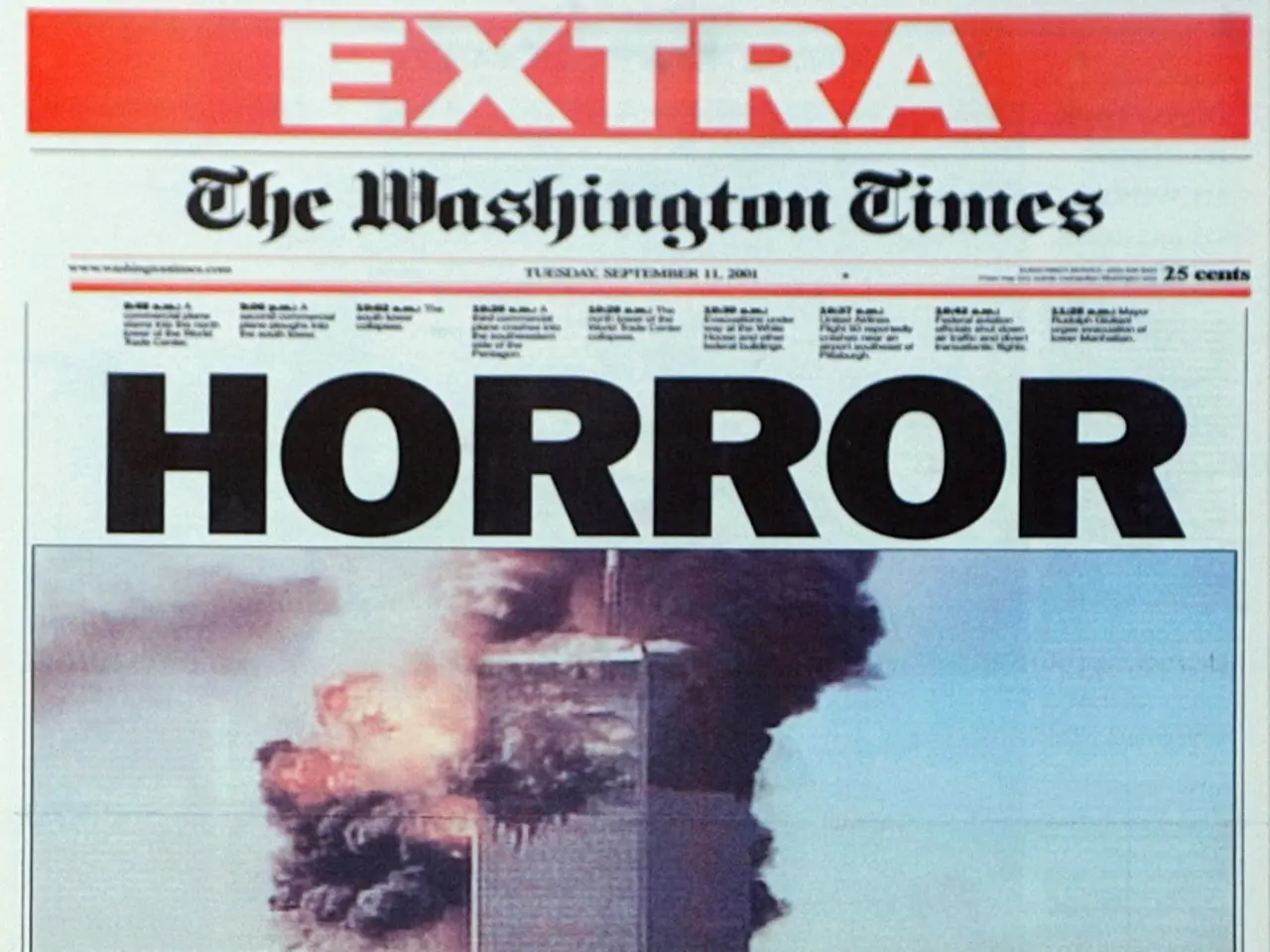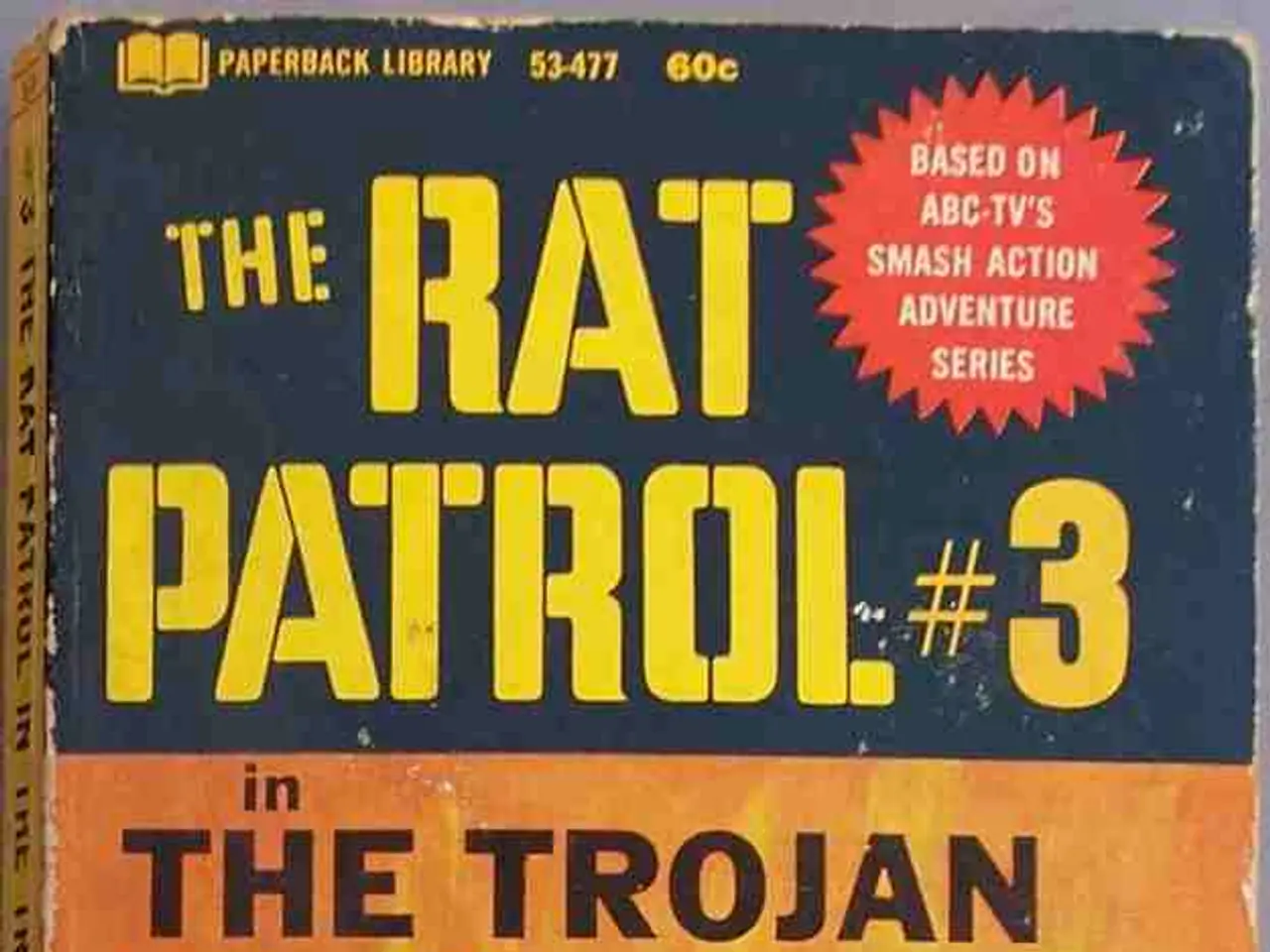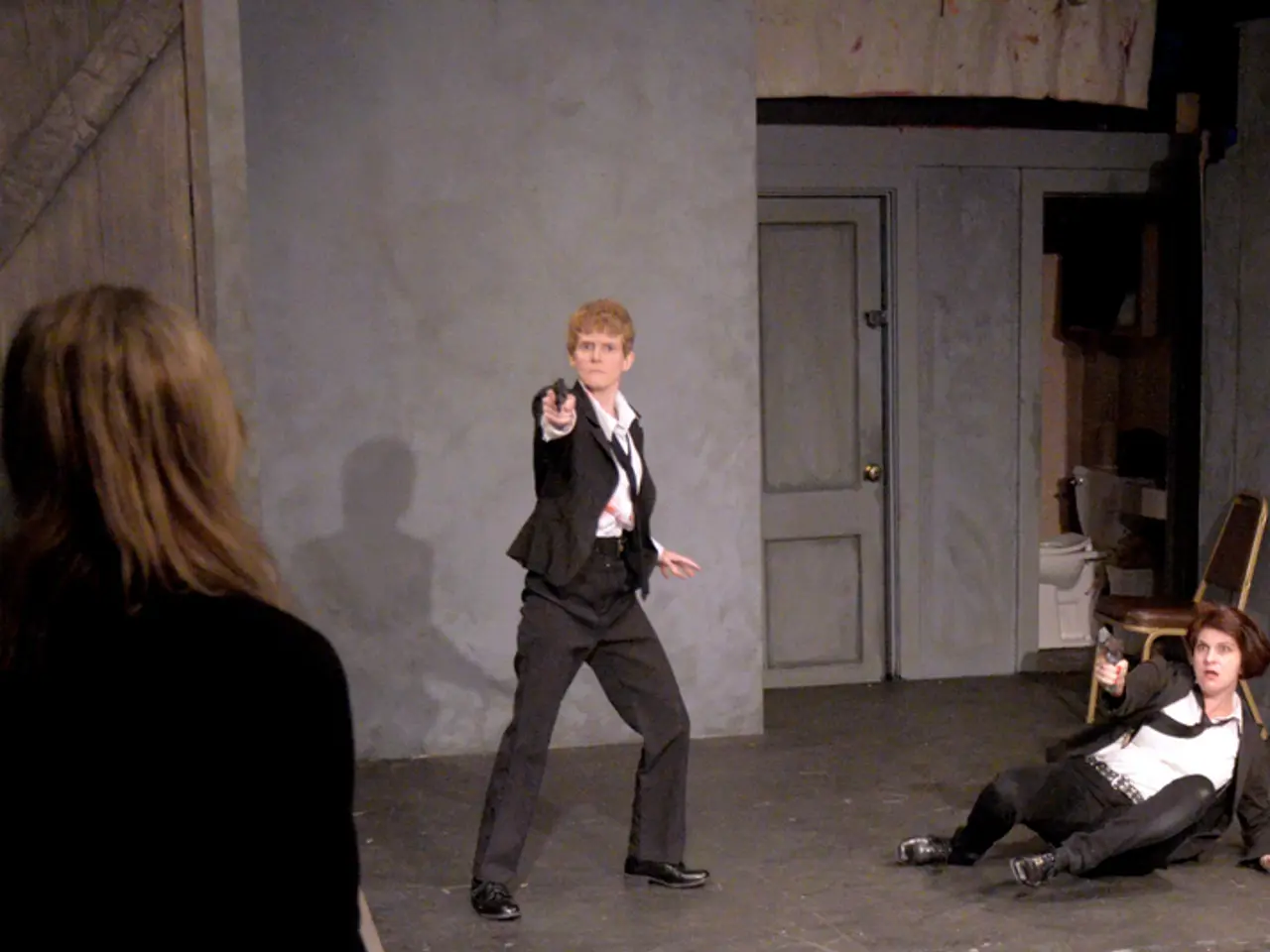Interview With Christian Mölling: Iran's Nuclear Program After the Airstrikes - A Delicate Diplomatic Dance
- Interviewer: Steffen Gassel
- Duration: Approx. 2 minutes
Iran's Atomic Ambitions Under Scrutiny: Israeli Persistence Shows No Signs of Abating - Intensified Concerns Over Iran's Nuclear Program: "Israeli Persistence Met with No Relenting"
In an exclusive interview for stern's podcast "The Situation - International", political scientist Christian Mölling sheds light on the impact of recent airstrikes on Iran's nuclear program and the geopolitical implications.
Iran's Nuclear Infrastructure Under Scrutiny
According to Mölling, the airstrikes, involving both the US and Israel, have inflicted severe damage on Iran's critical nuclear facilities, including sites at Natanz, Fordow, and Esfahan. While it's too early to assess the long-term effects, Mölling asserts that the strikes have pushed back Iran's nuclear weapon development capability for an extended period, though Iran still retains enriched uranium stocks at various levels. The question remains whether Iran will leverage this stockpile to revive its shattered nuclear program.
A Ceasefire Flanked by Uncertainty
Mölling expresses doubt about the durability of the ceasefire between Israel and Iran, stating that Israel is prepared to break the truce if necessary to eliminate any remaining threats. Tehran's ambivalent position, struggling to secure its rule amidst the temporary lull, adds fuel to the uncertainty.
Diplomacy: A Key to Resolve the Impasse
While the region remains in turmoil, Mölling sees a glimmer of hope in diplomatic avenues. Iran's nuclear potential can be a bargaining chip in the ongoing dispute over sanctions, and he believes that there is "much room" for diplomatic solutions. However, success hinges on tangible offers by the international community rather than trust-building measures. Mölling stresses the importance of persisting in diplomacy rather than relinquishing hope at this critical juncture.
NATO's Role in the Middle East Quagmire
Touching upon NATO's role in the ongoing crisis, Mölling suggests that Europe is no longer in control of the situation, with US President Donald Trump exerting a significant influence. While he partially shares the criticism of NATO Secretary-General Mark Rutte's submissive tone, Mölling acknowledges that Europe is grappling with complex geopolitical challenges that necessitate nuanced approaches.
- Keywords: Iran, Israel, Iran's Nuclear Program, Ceasefire, Diplomacy
[1] IranPLAN: Iran’s Legislative Moves to Limit IAEA Oversight and Chances for Future Diplomacy (2021)[2] International Crisis Group: Iran’s Nuclear Program: A Renewed Crisis? (2021)[3] US Congressional Research Service: Iran's Nuclear Program: Current Status and U.S. Policy Options (2021)[4] Arms Control Association: Iran's Nuclear Program: A Comprehensive Overview (2021)
- The community policy of NATO must address the potential impacts of the ongoing war-and-conflicts in the Middle East, particularly in relation to Iran's nuclear program, to ensure a unified approach in diplomatic initiatives and employment policies.
- Even amidst the general-news turbulence of the region, understanding the employment policies of key players like Iran and Israel, particularly in regard to their nuclear programs and military actions, is crucial for making informed decisions in international politics.







